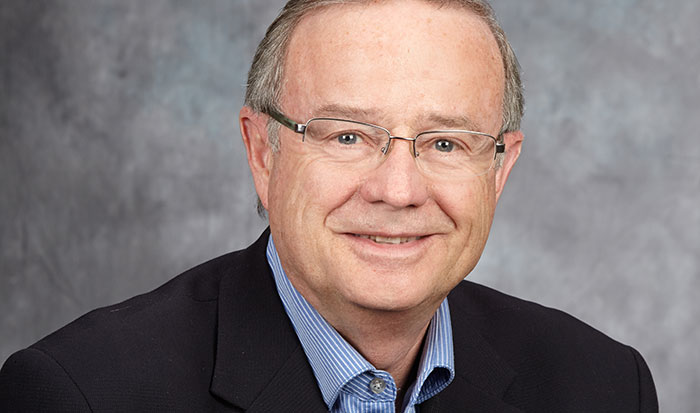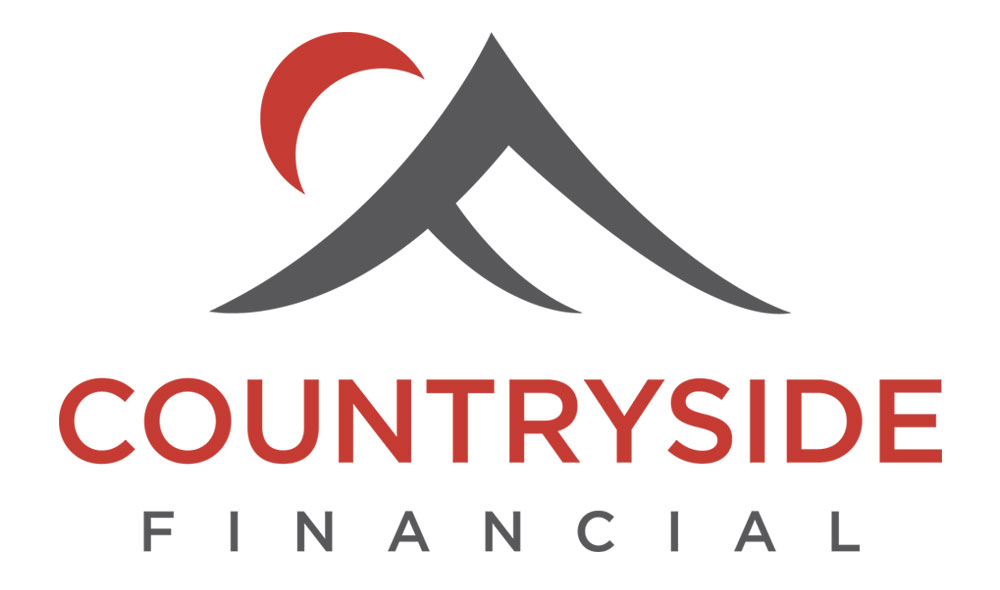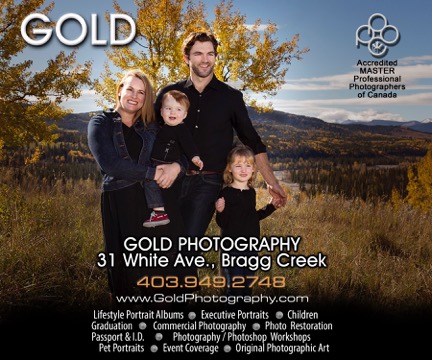Don’t Make The Big Five Money Mistakes
The financial decisions you make today will determine your future wealth, income and happiness. It’s important to take your time and avoid these five common blunders:
#1 Investing Without Advice
It has long been said that, ‘if a person represents themselves in a court of law that they have a fool for a client!’ The same is true for your investments, i.e. those assets that you have worked hard to acquire. Seek the guidance of a good investment advisor. You are probably good at what you do, so why not entrust your investments to someone who is good at what they do.
A financial planner will work with you to develop a plan that will enable you to reach your long-term financial goals. If you do not already have long- term financial goals then your advisor can help you determine what might be appropriate, given your unique situation.
#2 No Budget, No Plan!
Keep track of your spending and live within your means. Another good rule is to ‘pay yourself first!’ Set up an automatic withdrawal from your chequing account to take a certain amount from each pay cheque. Deposit this in your investment account, then make the remaining income cover your expenses.
Pay down debt and be mindful of borrowing costs. Today it is all too easy to get yourself in debt.
Plan ahead for extraordinary expenses and major purchases, like vacations, home repairs, vehicles, etc., by setting up an emergency fund.
#3 Not Thinking Long-Term
Open a Registered Retirement Savings Plan (RRSP) and/or a Tax Free Savings Account (TFSA) and make regular monthly contributions. An RRSP will help your tax bill by giving you a tax refund, while the TFSA will give you tax free growth. Make your money work for you. Investing for the medium-term and/or long-term in a prudent mix of equity and fixed income mutual funds will help you achieve your financial goals.
#4 “It Won’t Happen to Me!”
People generally think that their most valuable asset is their home. WRONG! Unless you are retired and no longer working the most valuable asset you have is your ability to earn an income, yet most people take that asset with them wherever they go and do not insure it. You wouldn’t take your car out of the garage without having it insured and yet your ability to earn and income is worth 10 to 100 times what your car is worth.
If you have a family, it is essential that you have life insurance. If you were to be disabled due to sickness or an injury then you should also have critical illness insurance and disability insurance. Remember, if you cannot work, who pays your bills? Ensure your plan will take care of the people who depend on you as a chief income earner.
#5 Outliving Your Money
The future is unpredictable. In the past a person would work to age 65, receive a company pension and live 3 to 5 years before passing away. Things are different now. Most people do not have a pension and will have to save the retirement assets to support their own retirement. Today, even if you wait until age 65 to retire, you might live another 30 to 35 years. The years in retirement could be almost as long as your working career. How much money do you need at retirement? How do you manage those retirement assets in a low interest rate environment? Once again you need the professional help of a financial planner.
Call to arrange an appointment for a financial reality check. We work at turning your future dreams into reality!
Also, visit myfinancialsolutions.ca for additional financial information on insurance, retirement, estate planning, investments and whole host of other financial topics.

























